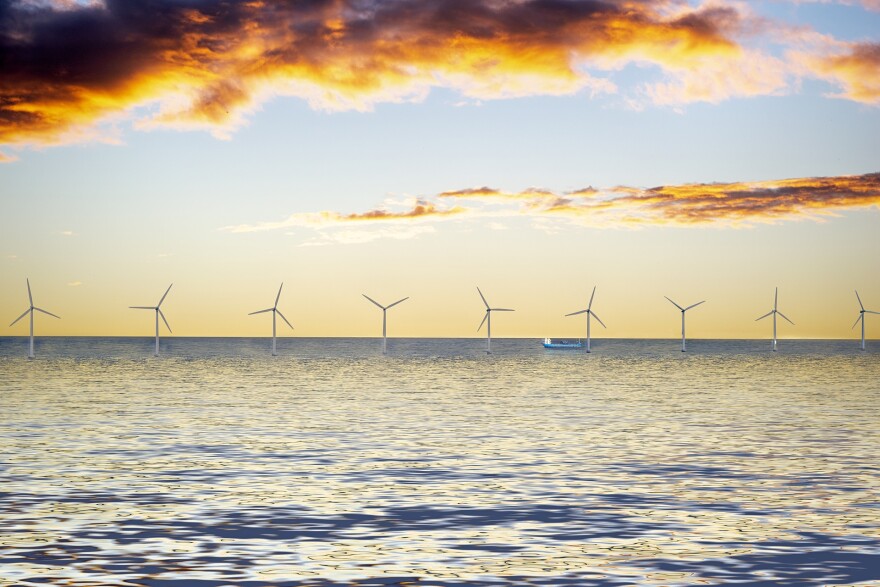The long-term impact of the construction and operation of offshore wind projects on wildlife in the Atlantic Ocean needs to be studied and minimized. That’s the recommendation of a state commission to Connecticut’s Department of Energy and Environmental Protection.
The Commission of Environmental Standards released a report last week that told DEEP officials that Connecticut needs to follow best practices to avoid, minimize and mitigate any impact wind farms could have on wildlife and natural resources found in the Atlantic.
Corrie Folsom-O’Keefe served on the Commission. She’s also the director of bird conservation at Audubon Connecticut.
“We are most concerned about the impact to species that are already endangered or threatened as a result of habitat loss or limits to food availability” she said. “Those are the species that if we had additional impacts because of offshore wind we fear we could we lose those populations or see drastic declines in their numbers.”
The commission’s recommendations include funding monitoring and research programs to understand the environmental ramifications, like bird collisions, and for developers to take an inventory of protected wildlife at each work site.
They also want developers to create mitigation funds to help offset the economic burdens to the commercial fishing industry and protect sensitive fish and wildlife species.
“We really are stressing that we want the developers to do everything they possibly can to avoid and minimize impacts to wildlife.
Folsom-O’Keefe says there are immense, long-term benefits to offshore wind power, but the state needs to push for responsible development.


